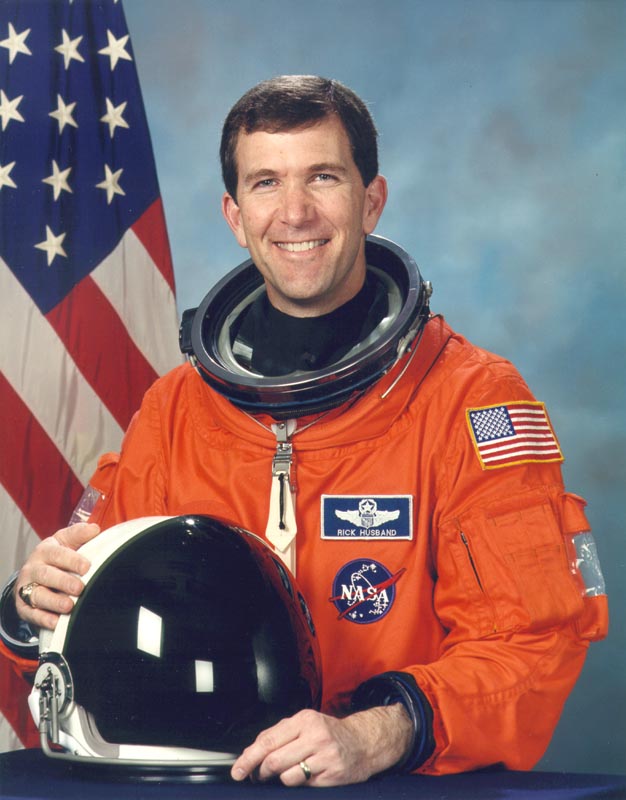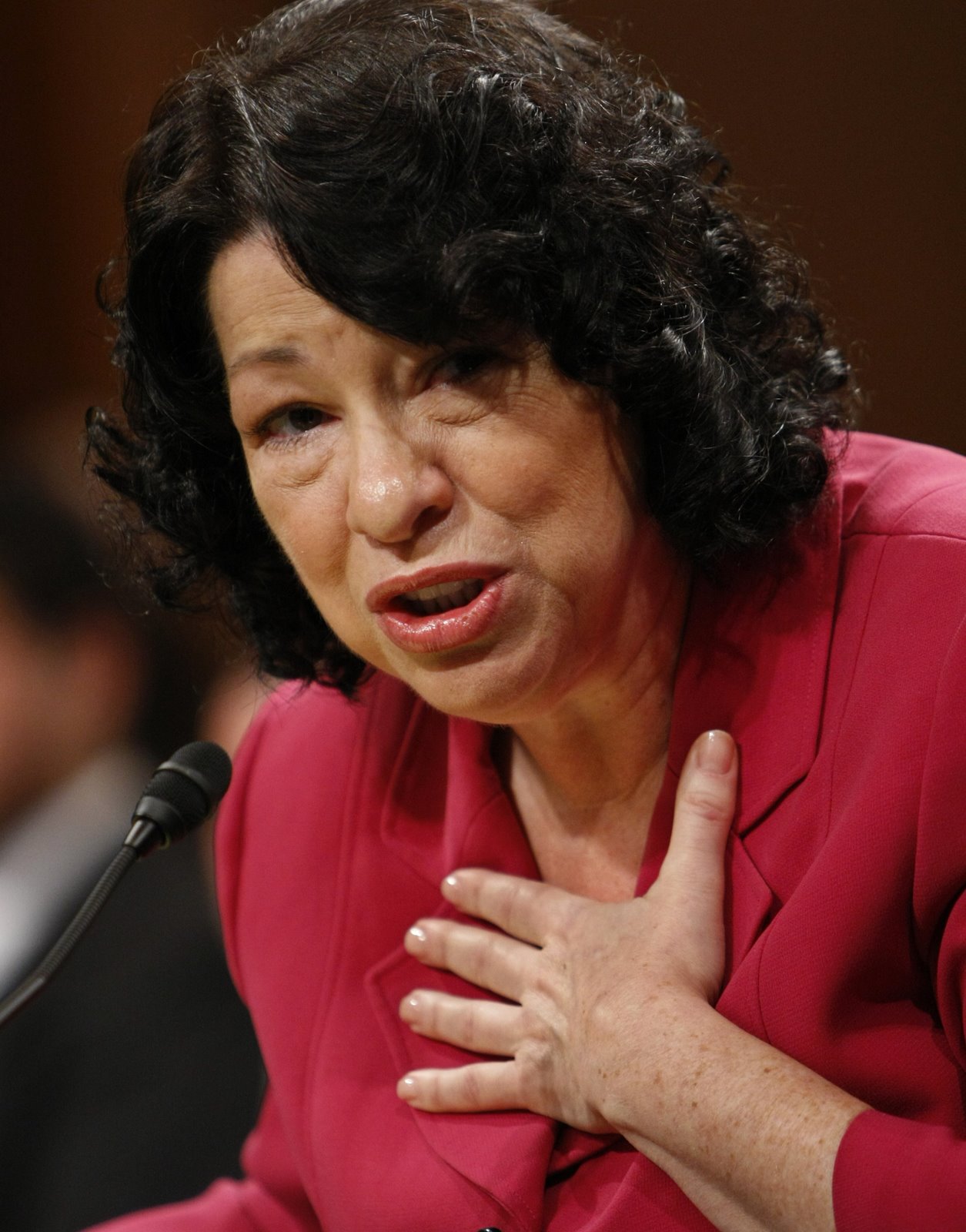Members of Congress are getting a snootful from their constituents during their summer break. They’ve been conducting town hall meetings designed to hear voters’ opinions about President Obama’s health care reform plans.
In summary: Americans are unhappy about it and are none too bashful about telling their elected reps what they think.
I mention this in laying down a marker on the value of any town hall meetings that Rep. Mac Thornberry is likely to call in the 13th Congressional District. Thornberry opposes the Democratic plan to reform health care. He’s said so quite publicly. His constituents echo his sentiment. They, too, have been quite vocal. So, what might Thornberry hear if he conducts a town meeting in any Panhandle community?
Sad to say, but he’s likely to hear some insane utterings about whether the president is an actual American, or whether he’s a closet Muslim, or whether he is a socialist who believes the government should take control of every aspect of our lives. Oh, yes. He’ll hear constituents agree with him about health care reform, that it’s too expensive and won’t improve the quality of health care delivery.
I just hope that if these meetings get too nutty — just as they have in many areas across the nation — that Thornberry restores order in a hurry.


